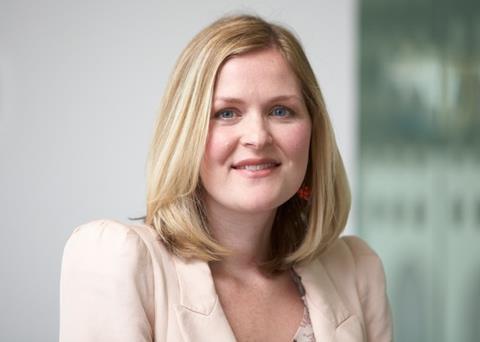
The Chartered Institute of Personnel and Development (CIPD) and Halogen’s latest Employee outlook survey, published in November 2016, shows that, despite working amid wider uncertainty, job satisfaction has increased across all sectors since spring 2016. Interestingly, the biggest increase is actually in public sector workers’ job satisfaction, which is the highest it has been for four years.
These findings might seem puzzling at first given the current, unsettled context that the UK finds itself in. However, there was a great deal of uncertainty before the EU referendum, so people might be feeling more settled now. Employees might also be experiencing the optimism that often comes with a new government, and it could also be that some of the government messages on fairness and equality might be resonating with workers, particularly those in the public sector.
Yet, these findings should not lead to any complacency. While job satisfaction levels are high, stress and exhaustion levels are also high, particularly in the public sector. So what can organisations do to support employees struggling with these challenges?
Flexible working is an obvious but not always commonly adopted way of helping employees to get their work-life balance on an even keel. Line managers should ensure that they are having regular one-to-ones with team members, looking out for any signs of stress and exhaustion, distributing workloads evenly wherever possible, and warning against the negative health consequences of over-working.
Another way that employers can support employees in uncertain times is to keep a strong focus on development and up-skilling. Our research shows employee dissatisfaction with opportunities to learn and grow. Thinking creatively about development does not necessarily have to cost the organisation a great deal, but can make a big difference to employees’ performance, motivation and future capability. Employers should consider whether they can provide opportunities for cross-function working, access to special projects, and short- and longer-term secondments to build experience and boost future employability.
Claire McCartney is associate research adviser at the Chartered Institute of Personnel and Development (CIPD) and co-director at Inclusive Talent











